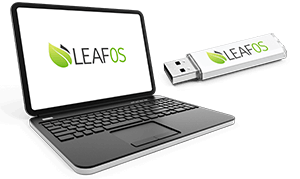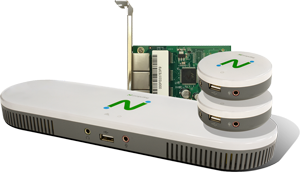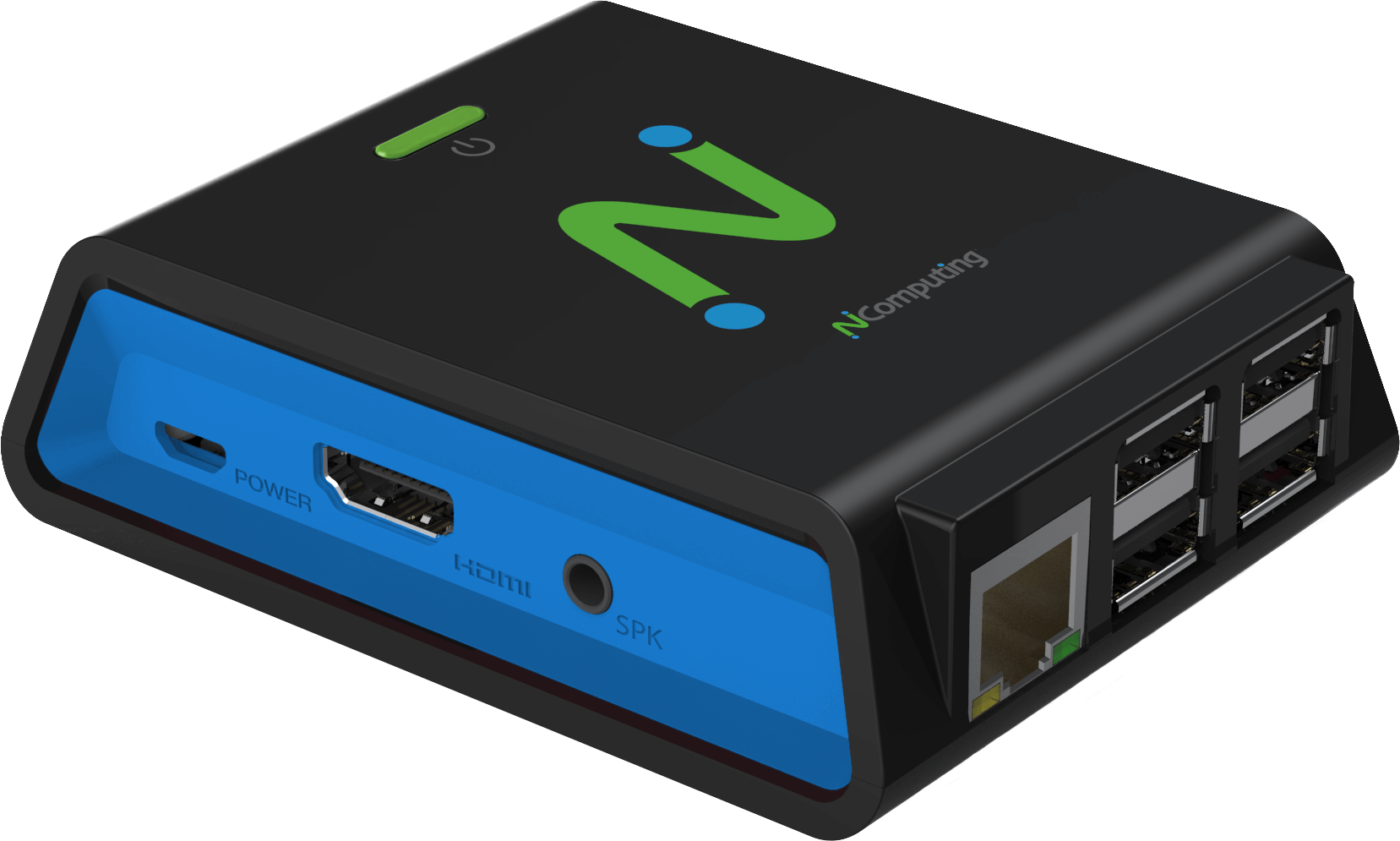eLearning comes to 15,493 Government Schools of Gujarat
In one of the largest ICT in Education projects of the country, the Gujarat Government deploys computer labs in 15,493 primary and upper primary government schools in the state—an initiative that is likely to benefit millions of children every year.

The Gujarat Council of Elementary Education, Government of Gujarat under the Sarva Shiksha Abhiyan sought to implement ICT labs in 15,493 government schools spread across the state of Gujarat. The aim was two-fold:
- To equip the young generation of the province with computing skills and provide them access to a wide variety of modern educational resources such as multimedia based educational content. The goal was to equip them with the skills and knowledge required to set a strong foundation at an early stage of their education so that they are well-prepared for higher education and their future
- To reduce student drop out ratio by making the process of teaching and learning engaging for students. The program aims to improve school attendance by building the interest of students in school studies.
Revolutionising education
The Department of Education of the Gujarat Government decided to establish cost and energy efficient computer labs in its 15,493 state-run schools, many of these are located in the rural and remote areas. The government selected NComputing’s virtual desktop solution, mainly because NComputing has successfully implemented similar ICT labs in other states in the country like Andhra Pradesh, Punjab, Bihar, Assam, Uttar Pradesh, Rajasthan and Haryana. In a brief time frame, 77,465 NComputing virtual desktops were deployed in 15,493 government schools spread across the state.
NComputing deployed X-series for vSpace, an end-to-end desktop virtualization solution comprising X-series thin client access devices and vSpace desktop and application virtualization software. The solution requires 75 percent less maintenance and saves up to 90 percent energy by using 1 watt of electricity as compared to the traditional PC that consumes 120-150 watts—an important advantage for schools located in areas that face acute power shortage. The devices last for 3 to 4 refresh cycles (11-12 years) and generate merely an ounce of eWaste.
If implemented with traditional PCs, the project would have required a major initial investment, not counting ongoing costs in support, maintenance and power supply. School children use just a fraction of an average PC’s computing capacity. Setting up individual PCs for each student would be a waste of capacity – and money. NComputing applies desktop virtualisation technology to split a computer or server’s computing power into multiple workstations – allowing schools to enable computing access for more students economically.
Teamwork that worked wonders!
The Computer-Aided Learning (CAL) project of the Gujarat Government is one of the largest ICT in Education project in the country. Hence, the government of Gujarat opted for a transparent tender bidding process to select the best technologies and implementers to complete this vast project. Following a strict selection process, the Gujarat government roped in leading education applications and software providers, along with NComputing to deploy 77,465 NComputing X550 virtual desktops, and eLearning applications and education software.
The implementation was based on an innovative outsourcing model called Build, Operate, Own and Transfer (BOOT), which required outsourcers to install, staff and manage the labs for a five-year term. Such an arrangement helps ensure that the labs are installed quickly and in line with strict performance benchmarks. This model helped complete this massive deployment in the government schools of Gujarat in the most seamless manner.
Transformation powered by NComputing
With NComputing’s deployment in Gujarat, the government school students are using NComputing virtual desktops for accessing computer based content and applications for eLearning. These new labs in the government schools of Gujarat have opened up new avenues for the youth of Gujarat. Some of the key benefits of this deployment have been:
- Access to modern education for students in Gujarat government schools
- The Gujarat Government has saved 25% on hardware acquisition cost by adopting NComputing. Each NComputing virtual desktop/workstation comprises a monitor, mouse, keyboard and an NComputing access device connected to the host PC. In each lab, 5 workstations are being run using 1 PC, using NComputing’s vSpace virtualisation technology, which enables this sharing of the computing power.
- There are ongoing power savings too as each NComputing workstation merely consumes only 1 watt of electricity as compared to 110 or more watts of electricity consumed by a typical PC.
- The most significant benefit of this deployment has been in the form of reduction in the student drop out ratio. Access to modern tools of education has enhanced and enriched the teaching and learning process for teachers and students in these schools. This is helping in improving student retention and motivation.

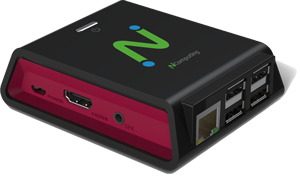
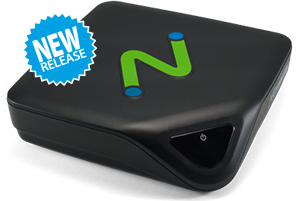
-menu.png)
